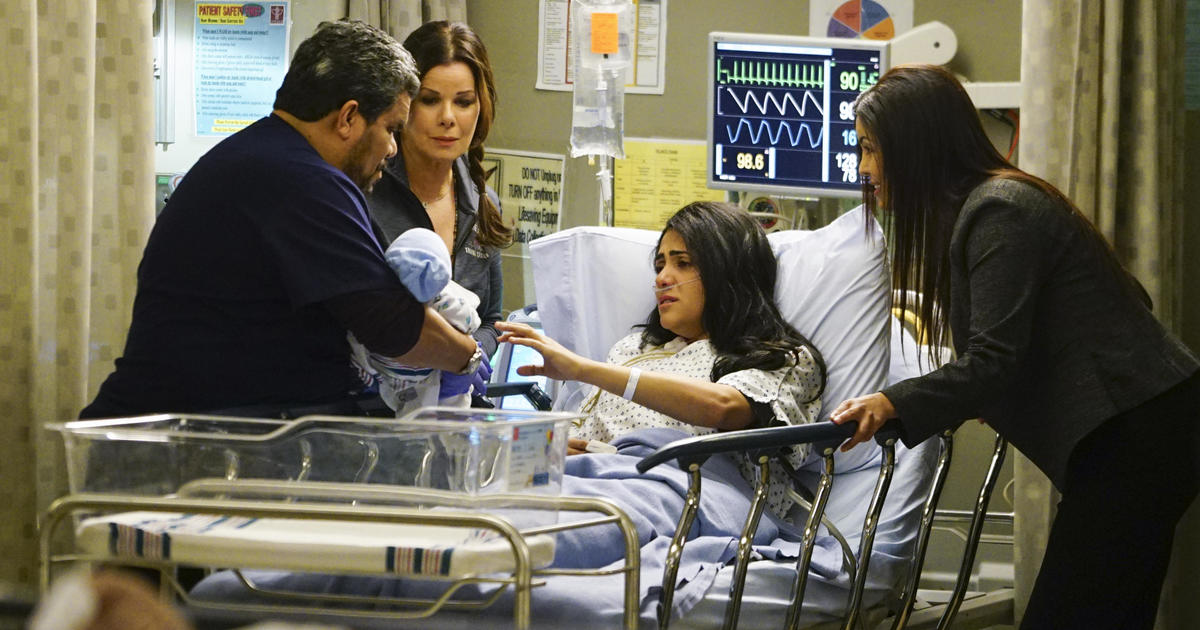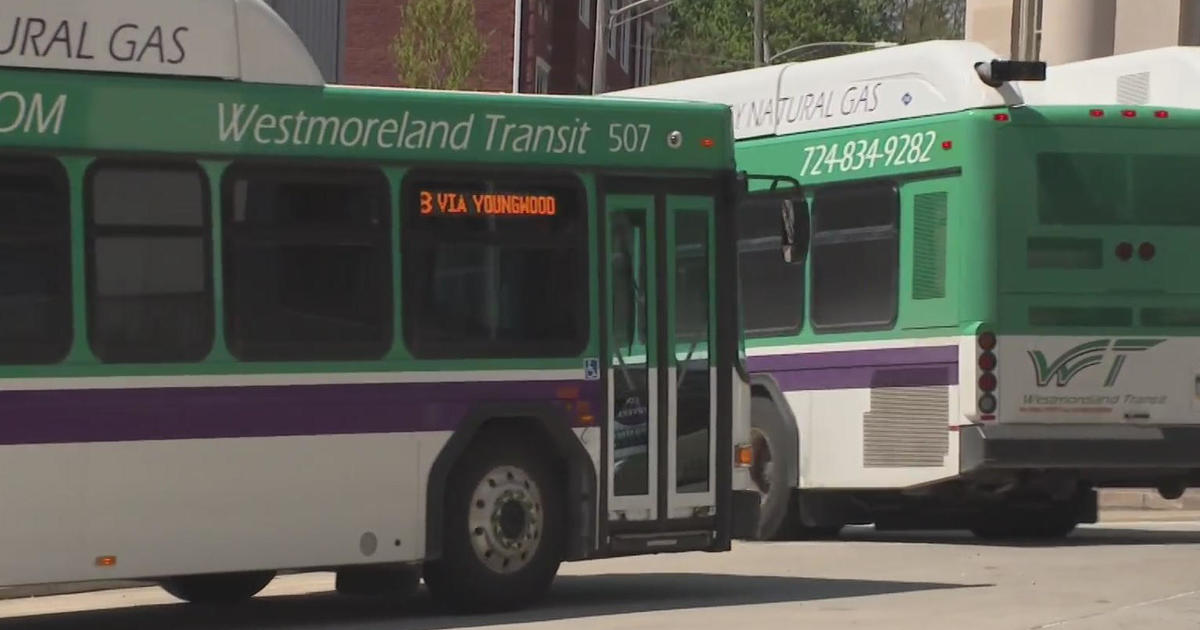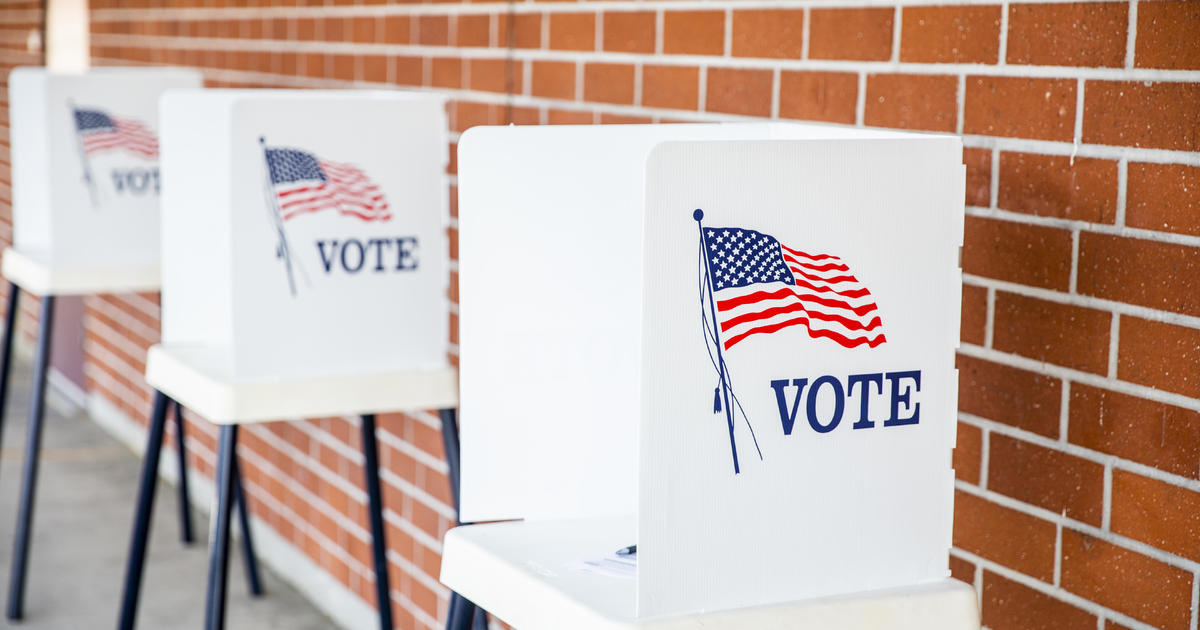Primary Care Providers Can Help Teens Find, Manage Treatment For Depression
PITTSBURGH (KDKA) -- About 11 percent of adolescents in the United States have an episode of depression by age 18.
"A combination of medicine and therapy can be effective, and in certain circumstances, either medicine alone or therapy alone can be helpful for them as well," says Allegheny General Hospital child and adolescent psychiatrist Dr. Gary Swanson.
But with so few adolescent psychiatrists available to treat it, is there a better way?
"People have a good relationship with their primary care providers; they're a little leery about getting into the mental health system. The mental health system can be difficult to navigate, so sometimes, I'd like to get my care where I get my medical care, so you see a lot of interest in trying to do it in primary care offices," Dr. Swanson explains.
Researchers in Seattle studied 101 teens that screened positive for major depression. All of the teens received education, medication options and therapy. Then, half the group had ongoing follow-ups at their primary care clinic. The other half had depression screenings and optional follow ups.
While the treatment costs $1,400 a patient, 12 months later, the group getting on-going therapy had a greater decrease in symptoms of depression.
"The flip side of that is what is the outcome if you don't pay for it, and depression has a significant morbidity and mortality associated with it. There's obviously the risk of suicide in cases of severe depression," Dr. Swanson said.
The stigma, the time commitment to therapy, the fear of medications, or seeing the irritability and sleep disturbances as "normal teenage behavior" can all be barriers to treatment.
"There's no shame in coming in for treatment," he said. "These things happen. Depression is like many other things, diabetes or cancer, you gotta come in and get help, and it doesn't do you any good to pretend it doesn't exist, or that it's just going to go away."
Forty percent of adolescents do not get treatment for depression, but when they do get help, they do a lot better in terms of sleep, appetite and motivation, which helps them function better in general.
You May Also Be Interested In These Latest News Stories
More Reports by Dr. Maria Simbra
Join The Conversation On The KDKA Facebook Page
Stay Up To Date, Follow KDKA On Twitter



